The Role of Probiotics in Maintaining Oral Health
- Why Probiotics Matter for Oral Health
- How Probiotics Work in Your Mouth
- The Benefits of Probiotics for Teeth and Gums
- Popular Probiotic Sources for Oral Health
- Real-Life Examples and Studies on Probiotics
- How to Incorporate Probiotics into Your Daily Routine
When we think of probiotics, most of us associate them with gut health. However, research has increasingly shown that these beneficial bacteria play a crucial role in maintaining not just our digestive health but also our oral health. Probiotics help to balance the bacteria in our mouths, reducing the harmful bacteria that contribute to issues like cavities, gum disease, and bad breath.
Oral health is influenced by a complex ecosystem of bacteria that exists in your mouth. Imbalances, often caused by poor diet, stress, or lack of proper oral hygiene, can lead to harmful bacteria taking over. By introducing beneficial probiotics into this environment, we can restore balance and protect our teeth and gums.
How Probiotics Work in Your Mouth
Probiotics are live microorganisms that confer health benefits when consumed in adequate amounts. In the mouth, these bacteria help in several ways:
- Reducing harmful bacteria: Certain strains of probiotics outcompete and inhibit the growth of harmful bacteria like Streptococcus mutans, which are known to cause cavities.
- Improving gum health: Probiotics help to reduce inflammation in the gums, preventing or managing gum diseases such as gingivitis and periodontitis.
- Fighting bad breath: Probiotics balance the bacteria in the mouth that cause halitosis (bad breath), reducing the formation of volatile sulfur compounds (VSCs) that are responsible for unpleasant odors.
These benefits highlight the importance of adding probiotics to your oral health routine, not just to improve gut health but to promote a healthier mouth environment overall.
The Benefits of Probiotics for Teeth and Gums
Probiotics offer a range of benefits when it comes to oral health, and the positive effects go beyond simple plaque reduction. Here are some key benefits:
- Prevention of cavities: By inhibiting the growth of cavity-causing bacteria, probiotics help to protect your teeth from decay.
- Reduction of gum disease: Research suggests that probiotics can help reduce gum inflammation and bleeding, which are common symptoms of gingivitis and periodontitis.
- Stronger enamel: Some probiotics have been shown to increase the mineralization of enamel, helping to strengthen teeth and reduce the risk of erosion.
One study even found that certain probiotic strains reduced plaque buildup on teeth, making it easier to maintain good oral hygiene with less effort.
Popular Probiotic Sources for Oral Health
There are several ways to introduce probiotics into your oral health regimen. Here are some of the most effective probiotic sources:
- Probiotic supplements: Oral probiotic supplements are a convenient way to deliver beneficial bacteria directly to your mouth. Look for supplements specifically designed for oral health.
- Fermented foods: Fermented foods like yogurt, kefir, and sauerkraut are rich in probiotics. Eating these foods regularly can help boost the number of good bacteria in your mouth.
- Probiotic toothpaste: Some brands now offer toothpaste enriched with probiotics to help fight cavities, bad breath, and gum disease while brushing.
Incorporating these probiotic-rich foods and products into your daily routine can help maintain a healthy mouth and gums, complementing your regular brushing and flossing routine.
Real-Life Examples and Studies on Probiotics
Many studies and real-life examples have shown how probiotics can positively affect oral health. For instance, a study published in the "Journal of Clinical Periodontology" demonstrated that participants who took probiotic supplements saw a reduction in gum inflammation and bleeding. Another study showed that using probiotic toothpaste reduced plaque buildup by 30% over three months.
In addition, a real-life case from a family dentist showed that a patient who struggled with chronic bad breath found relief after incorporating probiotic-rich foods like yogurt into their diet. This case highlights the power of probiotics in improving oral health in everyday life.
How to Incorporate Probiotics into Your Daily Routine
Making probiotics a part of your daily routine is easy and can be done in several ways:
- Start with supplements: Choose a high-quality oral probiotic supplement and take it as directed. Consult with your dentist or healthcare provider for personalized recommendations.
- Eat more fermented foods: Add probiotic-rich foods to your diet, such as yogurt, kefir, miso, or kimchi. These foods not only boost oral health but also improve digestion.
- Use probiotic toothpaste: Look for toothpaste that contains probiotics, and use it as part of your regular oral hygiene routine.
By incorporating these simple steps into your daily life, you can experience the benefits of probiotics for your oral health and enjoy fresher breath, healthier gums, and stronger teeth.

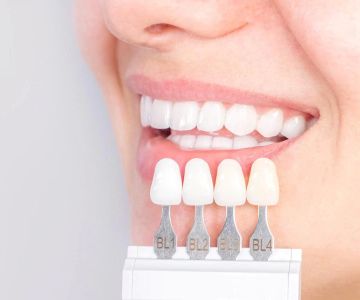

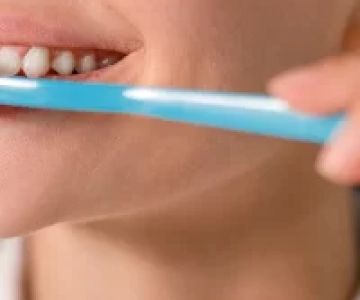
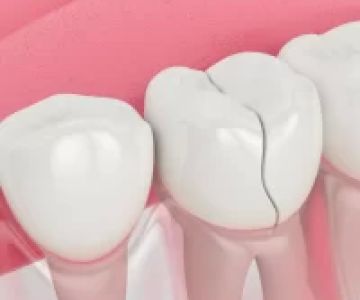
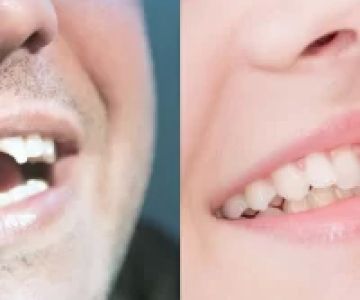
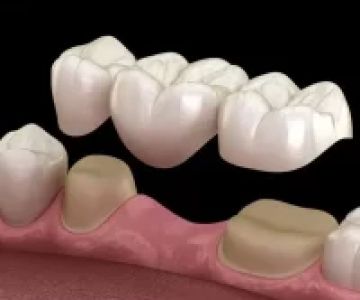
 Westgate Dental Arts
Westgate Dental Arts Coventry Family Dental
Coventry Family Dental Familia Dental
Familia Dental Dr. Daniel S. Fife, DDS
Dr. Daniel S. Fife, DDS Dentistry At Suburban Square: Michael I. Wollock, DMD
Dentistry At Suburban Square: Michael I. Wollock, DMD Comfort Care Dental
Comfort Care Dental The Importance of Oral Health Education During Pregnancy for a Healthy Pregnancy
The Importance of Oral Health Education During Pregnancy for a Healthy Pregnancy Why Skipping Dental Checkups Can Lead to Bigger Oral Health Problems
Why Skipping Dental Checkups Can Lead to Bigger Oral Health Problems Best Tips for Brushing Your Teeth Properly for Healthy Gums: Essential Techniques for Oral Health
Best Tips for Brushing Your Teeth Properly for Healthy Gums: Essential Techniques for Oral Health Advantages of Porcelain Dental Restorations
Advantages of Porcelain Dental Restorations How Can Diabetes Cause Tooth and Gum Problems? Preventing and Managing Oral Health Issues
How Can Diabetes Cause Tooth and Gum Problems? Preventing and Managing Oral Health Issues Healthy Habits for Promoting Good Oral Health and Hygiene: Tips for a Healthy Smile
Healthy Habits for Promoting Good Oral Health and Hygiene: Tips for a Healthy Smile